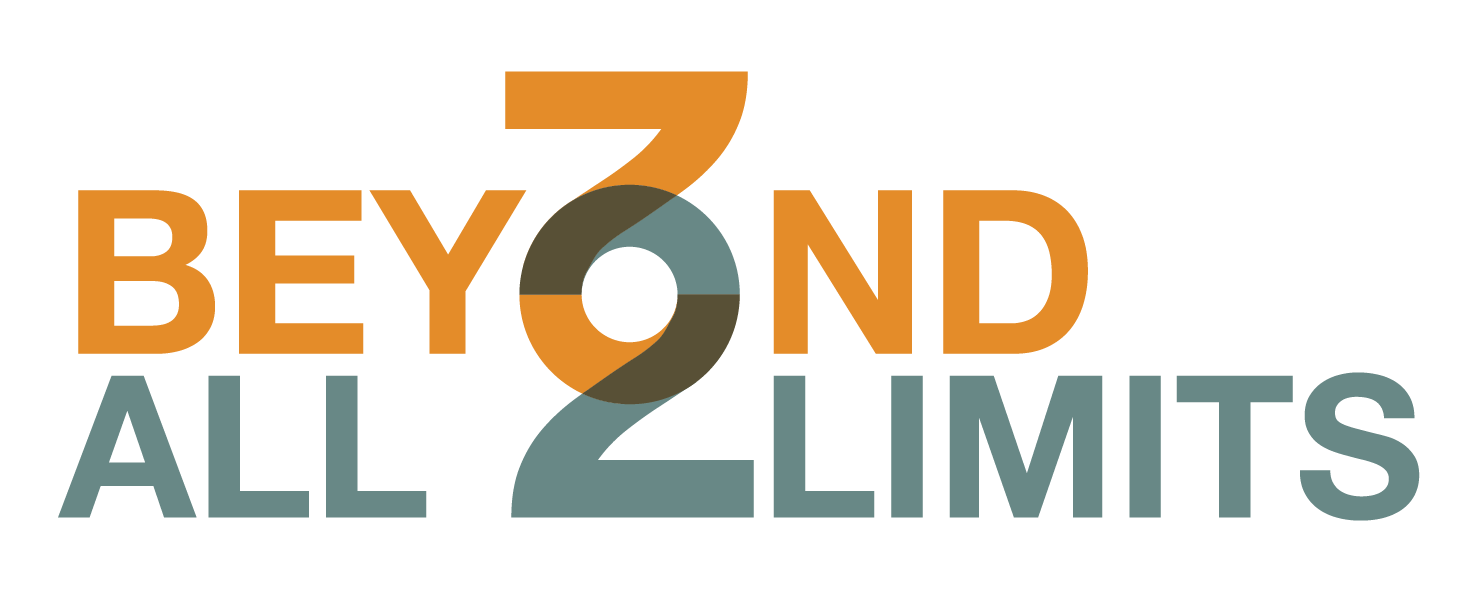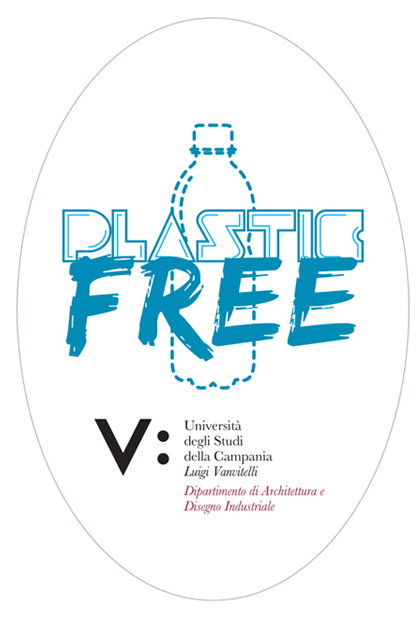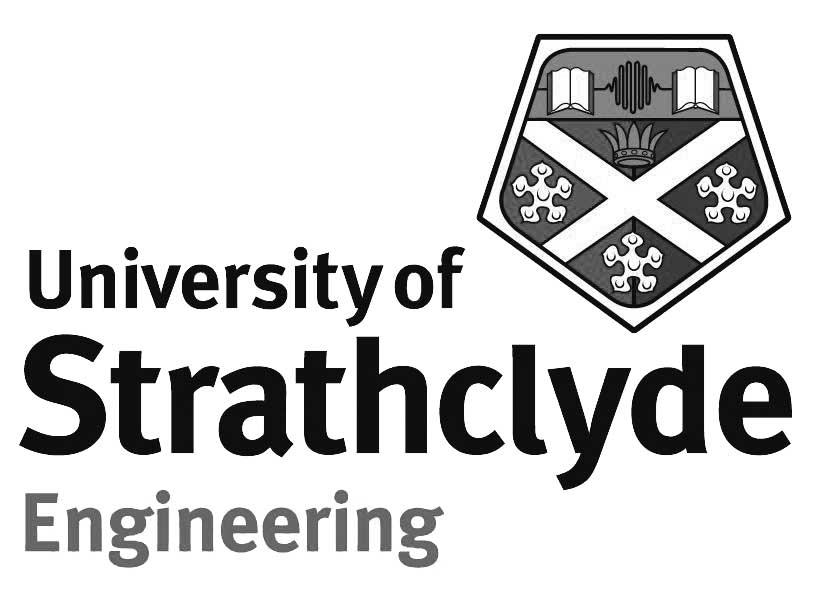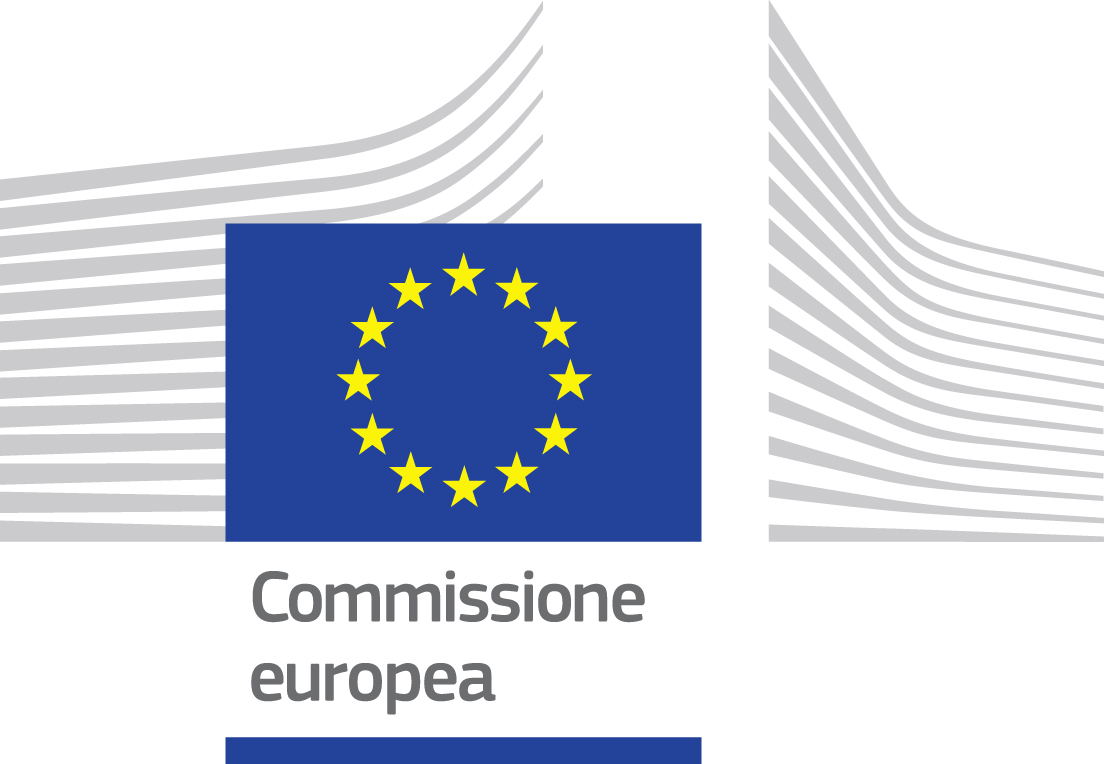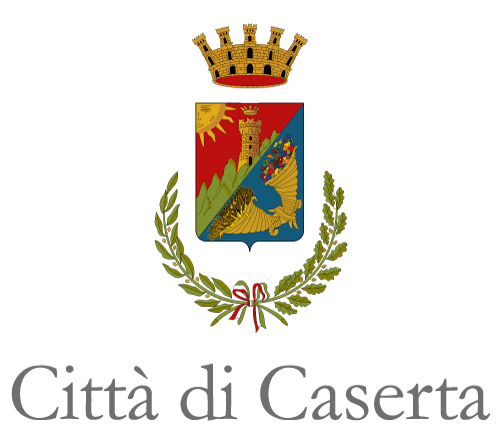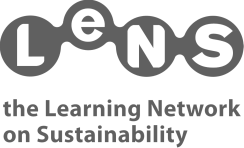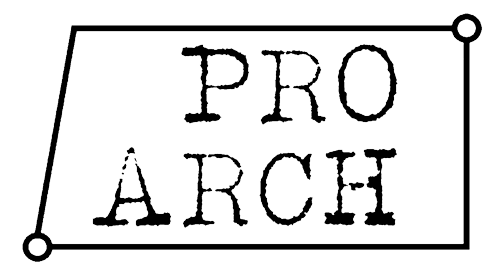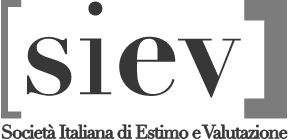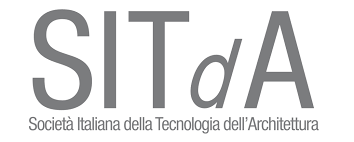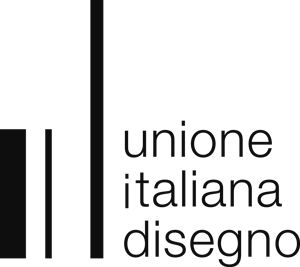T01. Public policies for inclusive and sustainable cities
Circular economy and sustainability: regulatory and policy issues.
The role of the public and the private actors in inclusive urban regeneration processes.
Governing the commons: the challenge of the cooperative city.
T02. Beautiful, sustainable and inclusive places: the role of appraisal and evaluation
Beauty as public good: values and evaluation
Urban Regeneration’s impact on property market
Impact-led urban regeneration: challenges for social sustainability
T03. Urban transformations: projects, strategies, actions
Conversion and use of the public space.
Structures recovery and disused spaces.
The city of the citizens: superblocks, green hubs, streets transformation.
T04. Survey and Representation as system of monitoring and action on the risk factors and conditions of the context
Modelling, analysis and multi sensors technologies for sustainable intervention policy.
Representation and cultural dissemination of territorial identities for preservation and enhancement strategies.
Representation, new narrative and meta experiences of ‘cultural devices’ in an inclusive perspective.
T05. Structural engineering
Methods and technologies for the design of environmentally sustainable structures.
Evaluation and conservation of existing structures and infrastructures.
Improving safety of monumental buildings as driving force for development of local territories.
T06. Ecology of vision: for an ethical and sustainable communication.
Visual Communication for emergencies.
Digital identities: an ethical issue.
Decolonising the imaginary: towards an ecology of vision.
Digital archives: the future of memory.
A renewed public benefit design.
T07. Occupants and their interaction with the built environment related to Multisensorial and Indoor Environmental Quality:
Acoustics.
IAQ.
Thermal Comfort.
Lighting.
T08. High Performance Components & Buildings based on
Design for low Energy and Carbon footprint buildings.
Energy performance-driven design of buildings.
Human-centered building services.
Advanced envelope and fenestration systems.
T09. Design for Sustainable & Safe Communities related to:
Energy performance-driven design of communities and districts.
Human-centered environmental design.
Energy storage and Renewables.
Sustainable Social Innovation.
Behavioral Change.
T10. Next Consciousness.
Fashion innovative scenarios, processes, and products
Next Conscious Education in Fashion.
Innovative Conscious Fashion Experiences.
Processes and Manufacturing for Conscious Fashion.
“Made in” towards “Green in”.
International green standard, guidelines, and regulations.
T11. History, resilience and green transition
Global and Local.
New–use for territory measures: historic traces, local mobility.
Territorial identities. environment, natural resources and sustainability.
T12. For Nature / With Nature: new sustainable design scenarios
Memory/identity/heritage and futuristic insights: a complex relationship focused by scholars and professionals of Design.
The influence of product design on behavior change and cultural sustainability at S/M/L scales.
Design / Craft / Digital Fabbrication for a sustainable and inclusive co-creation.
Human – Centered and Universal Design: potential interactions between sustainability, aesthetics, and inclusion..
Managing packaging design for sustainable development.
T13. Restoration: a sustainable answer to uncontrolled urbanization
Restoration of the architectural heritage.
Restoration of historic parks and gardens.
Restoration strategies for abandoned heritage.
T14. Re-shaping planning approaches, tools and processes for a sustainable, inclusive and resilient future
Climate neutral and resilient territories: approaches, tools and planning practices to increase people and places’ safety in multi-risk environments.
Energy transition in cities and regions: challenges for the role of local communities, spatial planning and building technologies.
Urban/rural partnerships and policies to reduce inequalities among people and places, including displaced people and their destination areas.
Reconnecting Cities and Nature: multi-scalar approaches and experiences in post-pandemic time.
Innovative approaches and practices for sustainable and/or degrowth-oriented, collaborative and inclusive planning processes.
T15. Circular Technological Design for a carbon neutral approach
Process Innovation: Environmentally sustainable technologies, construction and renovation processes for existing buildings.
Design Innovation: “C2C”, Regenerative and Sustainable design improving quality to the built and natural environmental.
“Net-Zero” Product innovation: low- embodied carbon incorporated materials and components.
Best practice to reduce energy poverty and promote food self-sufficiency.
Procedural models and technical standards for sustainable resource procurement and management over the whole life cycle.
